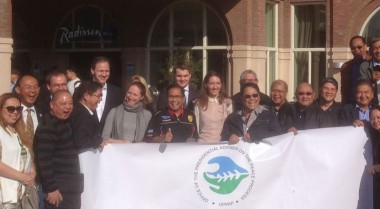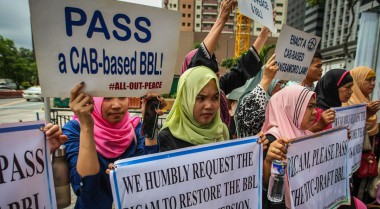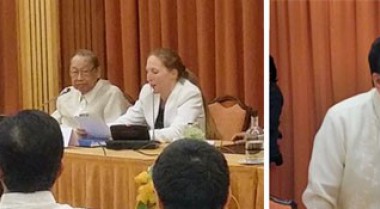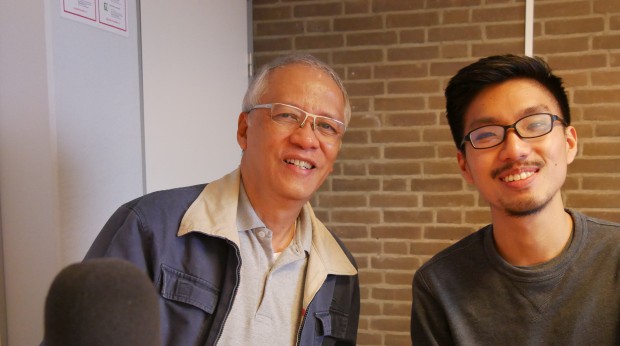
A Light at the End of the Tunnel? Moving Forward in the Philippines Peace Process
The conflict between the communist-led alliance and the government of the Philippines has been going on for nearly half a century. Starting in the 1960s it has gone through phases of varying intensity and various peace efforts have failed since then. While several agreements and declarations have been signed over the years, it was not until last year that President Duterte enabled a formal re-start of peace negotiations between the National Democratic Front of the Philippines (NDFP) and the Government of the Republic of the Philippines (GRP). After Duterte freed rebel leaders and announced a unilateral ceasefire which was reciprocated by the rebels, the parties met in Oslo in August 2016. A second and third round of peace talks were held in October 2016 and January 2017, resulting in a joint statement announcing a fourth round of formal talks in April. In February, however, renewed violent incidents on the ground and festering unmet conditions from both sides caused both parties to call off their unilateral ceasefires, halting the process yet again.
But observers in the Philippines and the world over were in for a pleasant surprise as it became known that the parties had managed to meet informally in Utrecht in March, issuing a subsequent joint statement to resume the formal talks, reinstate their unilateral ceasefires and work towards a joint ceasefire. They kept their commitment and held the fourth round of formal peace talks in April in Noordwijk aan Zee in The Netherlands. The parties signed an Agreement to forge an Interim Joint Ceasefire, the details of which are currently being discussed.

In the next round of talks, scheduled to take place from May 27th to June 2nd also in Noordwijk, finalising the conditions of the joint ceasefire will be an essential point on the agenda. Experience shows that in order to ensure its stability, a transparent, impartial and inclusive monitoring mechanisms will need to be provided. Since the fourth round of talks was announced, GPPAC has been engaging with the negotiating parties, offering our support in furthering the process and particularly in contributing to a broadly supported, impartial civil society monitoring of a ceasefire (together with GPPAC Philippines member Initiatives for International Dialogue (IID)).
"Only if the Filipino people are able to see – and feel – the impact of this peace process in their daily lives and if all sectors of society are involved in its forging and implementation, will the negotiations be able to make a lasting contribution to an inclusive and sustainable peace."
In order to bring a lasting end to the violence and build a just and sustainable peace, however, it will be crucial that the parties primarily address fundamental grievances of the Filipino people, including through radical economic, social and political reforms. Only if the Filipino people are able to see – and feel – the impact of this peace process in their daily lives and if all sectors of society are involved in its forging and implementation, will the negotiations be able to make a lasting contribution to an inclusive and sustainable peace, supported by a broad constituency. GPPAC has offered the support of its network in sharing experiences and expertise from similar contexts setting up a working group for this purpose specifically.
After 50 years of conflict, much remains to be done in the Philippines, but the recent resumption of the negotiations represents an important step towards a more peaceful future.



